Shares of public awareness about brain fog have skyrocketed after BBC technology editor Zoe Kleinman shared a personal post about dealing with the condition on LinkedIn last week. The post has been viewed hundreds of thousands of times, with women stopping her on the street to discuss the issue and hundreds of messages from people sharing their own experiences of brain fog.
Kleinman, who was visibly holding notes during a recent live TV report due to her brain fog, said she had no idea that her post would generate such a massive response. "I usually cover technology news, but given the response, it felt important to talk about this as well," she stated. Kleinman's post highlighted the frustration and embarrassment many people experience when they suddenly can't remember the word for something obvious or lose their train of thought.
Brain fog, while not a medical term, is a common phenomenon that affects many individuals, particularly women, during perimenopause. Perimenopause is the stage before menopause, characterized by hormonal changes that can lead to cognitive symptoms such as memory loss and difficulty concentrating. Kleinman, who is in her 40s, said her brain fog coincided with her perimenopause experience. "It's infuriating, and it can be embarrassing," she added.
The surge in public awareness about brain fog has sparked a big debate about the need for greater understanding and support for individuals experiencing cognitive symptoms during perimenopause. Dr. Louise Newson, a menopause specialist, noted that brain fog is a common symptom of perimenopause, affecting up to 80% of women. "It's essential that we acknowledge the impact of perimenopause on women's lives and provide them with the necessary support and resources," she said.
The recent attention on brain fog has also highlighted the need for greater awareness about menopause and perimenopause. According to the BBC, menopause affects one in three women, yet many women experience symptoms in silence due to stigma and lack of understanding. Kleinman's post has helped to break the silence, with many women sharing their own experiences of brain fog and perimenopause on social media.
As the conversation around brain fog continues, experts are calling for greater research into the condition and its impact on individuals. The British Menopause Society has launched a campaign to raise awareness about menopause and perimenopause, with a focus on providing support and resources for women experiencing cognitive symptoms. Kleinman's post has sparked a significant shift in public awareness, and experts hope that it will lead to greater understanding and support for individuals experiencing brain fog and perimenopause.
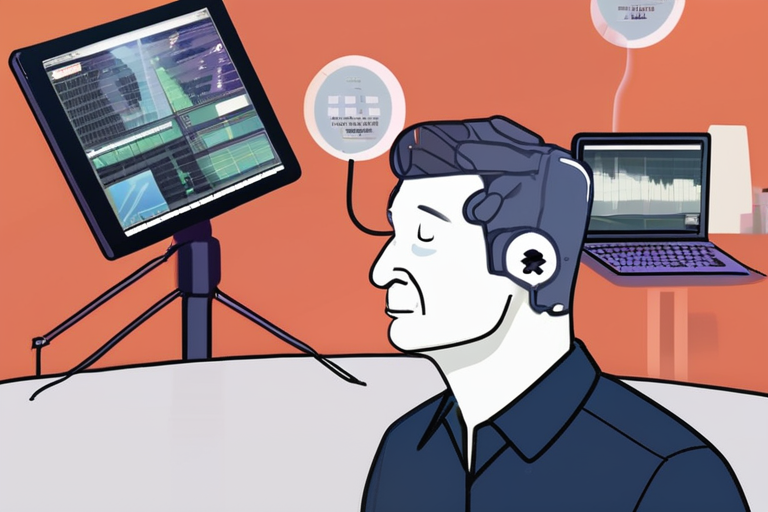

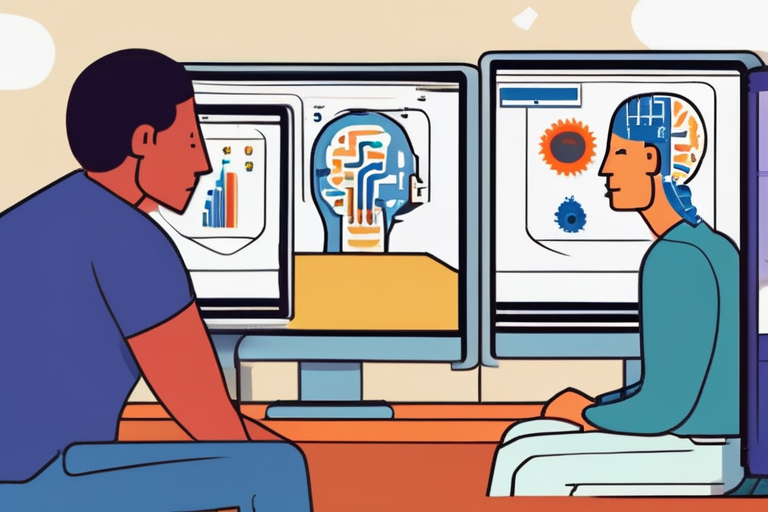

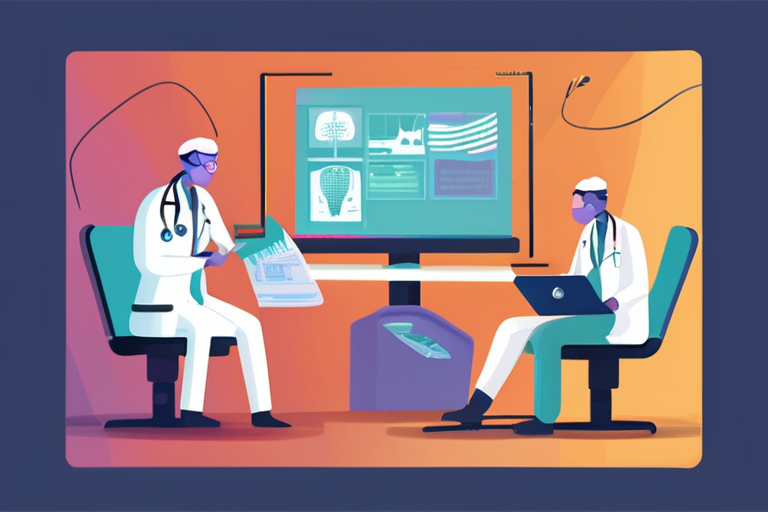





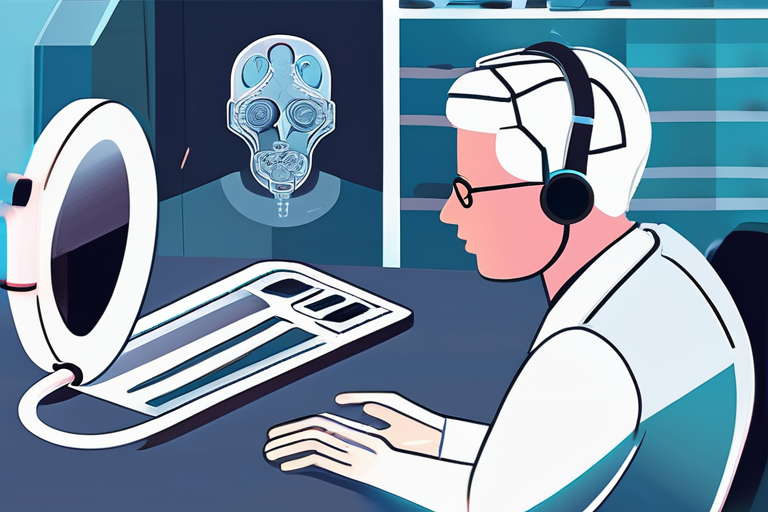






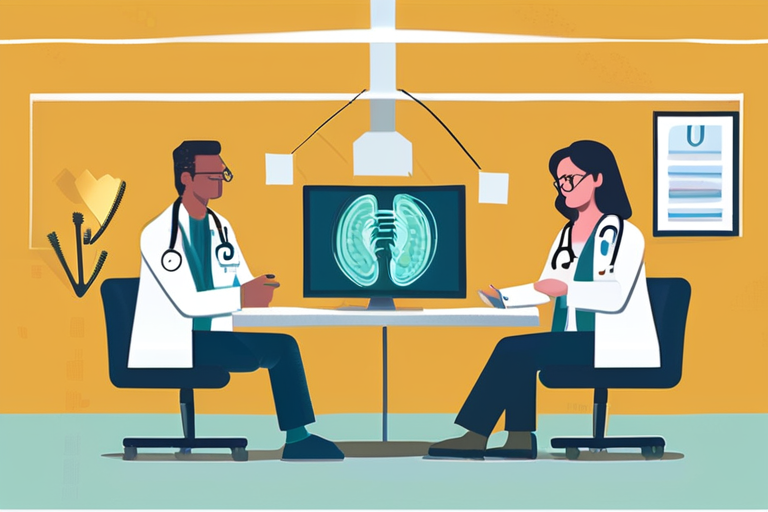


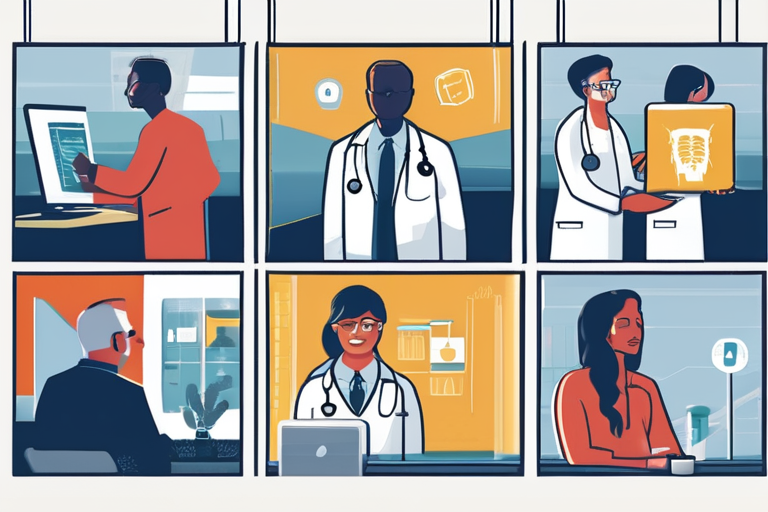





Share & Engage Share
Share this article